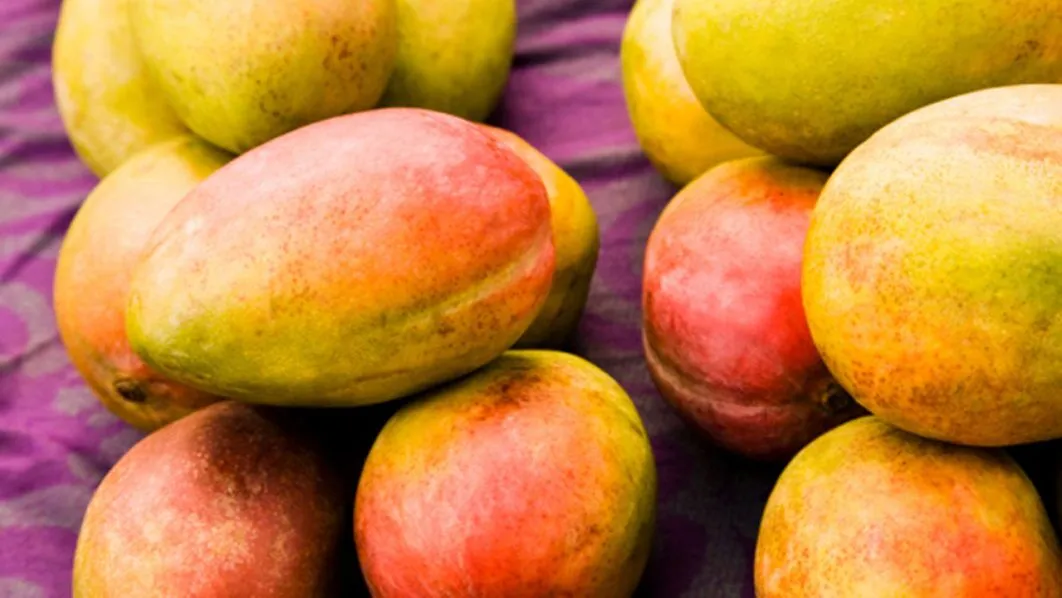Here Is The Easy Money-Making Trick Everyone Is Talking About! Learn More Here!
Mangoes are not only delicious but also packed with essential nutrients. They are a good source of folate, several B vitamins, as well as vitamins A, C, K, and E.
One cup (165 grams) of fresh mango contains 99 calories and 24.7 grams of carbohydrates.
However, it is important to be mindful of certain considerations when consuming mangoes.
For individuals with diabetes, the high natural sugar content in mangoes may be harmful. It is advisable to consult with a doctor before incorporating mangoes into the diet.
Moderation is key, as overeating mangoes can lead to digestive issues such as diarrhea. This is because mangoes are rich in fiber, and excessive consumption of fibrous fruits can cause gastrointestinal discomfort.
It is worth noting that tropical fruits, including mangoes, have a cooling effect on the body.
However, there is a risk of allergic reactions, so it is important to be aware of any potential sensitivities.
Additionally, the sugars in mangoes are not easily digested in the small intestine, which can lead to fermentation in the large intestine and result in diarrhea and constipation.
If these symptoms occur after consuming mangoes, it is best to avoid them as they may not be suitable for your body. While mangoes offer numerous health benefits, it is important to consume them in moderation.
Large quantities of mangoes can lead to spikes in blood sugar levels and increased calorie intake, potentially resulting in weight gain.
It is recommended to consume an adequate amount of mangoes, such as a cup (82 grams), to avoid these issues.
In conclusion, mangoes are a nutritious fruit, but it is important to consider individual health conditions and consume them in moderation.
Consultation with a healthcare professional is advised for individuals with diabetes or any concerns related to mango consumption.



